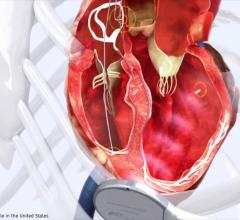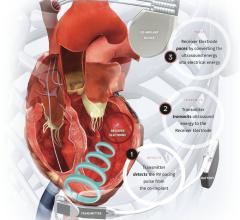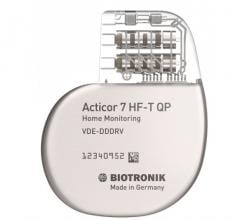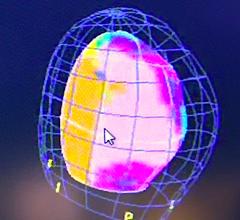
April 12, 2021 — Medtronic is recalling some of its implantable cardioverter defibrillators (ICD) and cardiac resynchronization therapy (CRT-D) devices because of an unexpected and rapid decrease in battery life. The company said this is due to a short circuit and will cause some devices to produce a “Recommended Replacement Time” (first warning that the battery is low) earlier than expected. Some devices may progress from “Recommended Replacement Time” to full battery depletion within as little as one day.
If the user does not respond to the first warning, the device may stop functioning, Medtronic said. The likelihood that this issue will occur is constant after approximately three years. after device use.
The U.S. Food and Drug Administration (FDA) issued a a notice April 12 that identified this as a class I recall, the most serious type of recall. Use of these devices may cause serious injuries or death. The FDA said there have been 444 complaints regarding these devices. There are 264 medical device reports, with 18 injuries including people experiencing bradycardia (slow heart rhythm) or heart failure symptoms. The FDA said no deaths have been reported.
The recall includes Medtronic’s Evera, Viva, Brava, Claria, Amplia, Compia and Visia ICDs and CRT-Ds distributed between Aug. 31, 2012 to May 9, 2018.This includes 239,171 devices in the United States. The FDA said Medtronic first issued the recall Feb. 3, 2021.
Patient and Clinician Guidenace on the Medtronic ICD Recall
On Feb. 3, 2021, Medtronic sent an urgent medical device correction letter to all affected healthcare professionals. The letter gave the following information:
Patient Management Guidance:
• Continue normal follow-up per local clinical protocol.
• Data suggests that battery failure is less common in patients who use the battery most, such as for frequent pacing support and higher voltage therapy.
• Where possible, take advantage of the CareLink™ home monitoring system and the wireless low battery voltage CareAlert.
• The low battery voltage audible alert is shipped ‘On’ with high-urgency tones; Remind patients to contact their clinic if they hear an audible alert, particularly since they may be opting to delay clinic visits due to COVID-19 guidance.
• Inform a Medtronic representative of any unexpected device behaviors.
• Be aware that the inability to operate the device, or transmit data, may be an indicator that the device has experienced this issue.
If unexpected recommended replacement time (RRT) is observed, prompt replacement of the device should occur with the underlying clinical situation of the patient:
• For non-pacing dependent patients or for primary prevention ICD patients, replacement within one week of an unexpected RRT notification is recommended.
• For pacing dependent patients, immediate replacement is recommended following an unexpected RRT notification. Note: For all patients, this issue can also manifest as an unexpected change in the remaining longevity estimate cannot be attributed to programming changes, or changes in use conditions.
The Medtronic letter also stated:
• Medtronic medical staff in consultation with the Independent Physician Quality Panel recommends against replacing the device due to the low rate of occurrence and the low risk for permanent harm if immediate replacement occurs in response to an unexpected RRT.
• Patients and clinicians may determine if a specific device is affected by looking up the serial number on Medtronic’s product performance website at http://wwwp.medtronic.com/productperformance/
• Clinicians also should also complete a clinician confirmation certificate (included with the correction letter) and return via email to [email protected].
• Notify Medtronic of any adverse events or quality problems associated with your use of this product.
• Customers with questions should contact their local Medtronic representative or Medtronic technical services at 800-723-4636, or [email protected]
Full List of Affected Devices in Medtronic ICD and CRT-D Recall:
• Evera and Visia
• Viva, Claria, Amplia, Compia and Brava
Find more new on ICD technology


 July 21, 2025
July 21, 2025 









